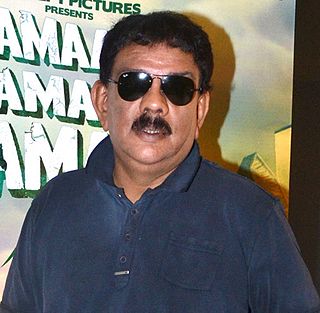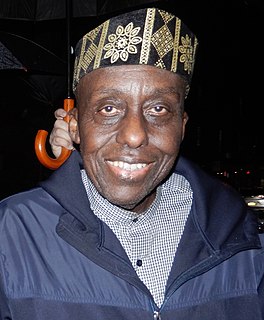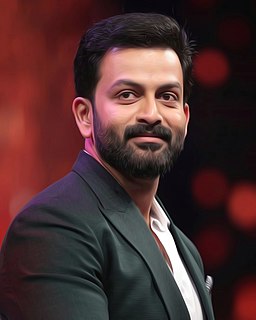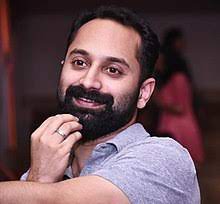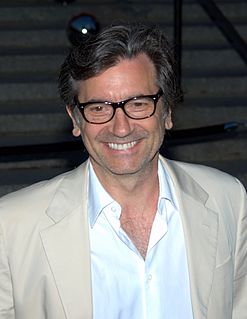A Quote by Priyadarshan
Because of the excellent training in Malayalam cinema, where we have very tight budgets, you are forced to make it work in a small budget and at the same time you have to tell the story effectively.
Related Quotes
I don't know what the misconceptions are, but I approach a small budget, artsy, independent movie in the same way as a big budget, commercial Hollywood movie. I don't get into those [details]. I have to get into my character and I concentrate on that, on the story, on researching, and on certain training if I have to be prepared physically. I think that's the most important thing.
I think people are willing to take more of a risk on an indie film, about character, etc...but at the same time, when I work on projects that are substantially bigger, in a way they do feel small. Even though the catering is way better and we actually have someone shooting with real film.... The budgets are bigger but the story still feels small, like an indie film.
Vera said: 'Why do you feel you have to turn everything into a story?' So I told her why: Because if I tell the story, I control the version. Because if I tell the story, I can make you laugh, and I would rather have you laugh at me than feel sorry for me. Because if I tell the story, it doesn't hurt as much. Because if I tell the story, I can get on with it.
When you live in Israel, there are restrictions which come from budget definitely. I came to the point where I had shot many fiction, many feature films, but at one point it began to bore me. It was boring because when you're Gordon Willis or when you are a legend of American cinematography, you know that you are gradually building yourself and you can go into bigger budgets and experiment more. In Israel, the budgets are very, very limited.
